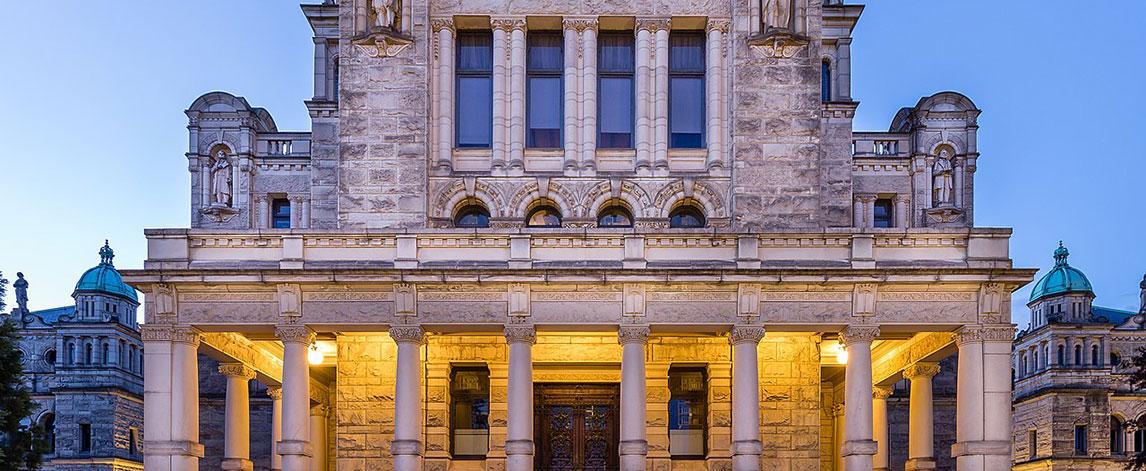In 2008, British Columbia implemented the first comprehensive and substantial carbon tax in North America. By 2012, the tax had reached a level of C$30/t CO2 and covered approximately three-quarters of all greenhouse gas emissions in the province.
A study partnering a researcher at Duke University’s Nicholas Institute for Environmental Policy Solutions with a colleague at the University of Ottawa’s Institute of the Environment and affiliated think tank, Sustainable Prosperity, looked to broadly gauge the tax’s performance across four critical dimensions: emissions, economy, equity, and public acceptance.
The work finds that while the tax met the revenue-neutral goal at first, meaning revenues were used to reduce other taxes by a corresponding amount, that trend hasn’t continued. In recent years, tax cuts and targeted payments have exceeded tax revenue, and some of the general household and business tax reductions have been redirected to expenditures for specific purposes rather than used to reduce the overall tax burden. Since 2013, virtually all the tax’s revenue growth has been targeted to corporate tax credits in certain sectors.
On the basis of studies to date, the tax did has reduced fuel consumption and greenhouse gas emissions 5-15 percent in British Columbia.


